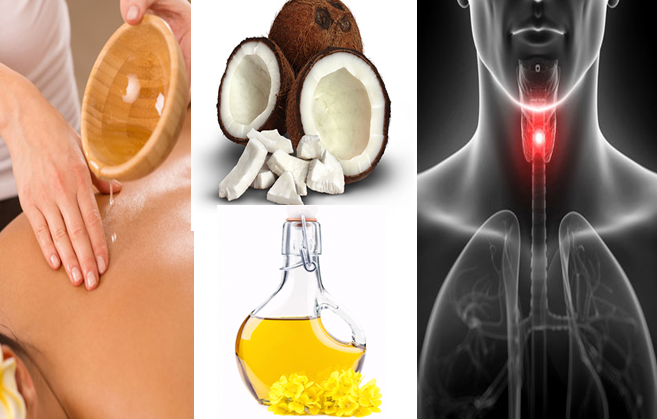Skin diseases and injuries are common job-related medical problems. Workers of all ages and in almost all jobs can have skin problems that are related to their occupation.
Skin problems are more common in certain jobs, such as jobs in manufacturing, food production, construction, machine tool operation, printing, metal plating, leather processing, engine service, landscaping, farming or forestry.
If you use chemicals or other substances in your work, the Occupational Safety and Health Administration (OSHA) requires your workplace to provide a Material Safety Data Sheet (MSDS) for each chemical. The MSDS will describe any known risk for skin irritation, skin allergy or skin cancer. Be sure to read each MSDS your company provides.
Skin Problems
Irritation and Rashes. The most common job-related skin problems are skin irritation and rashes. These problems happen when skin comes into frequent contact with water, chemicals and other substances.
Over time, contact with solvents, many soaps, and even water removes natural oils from your skin. This can cause your skin to crack and become dry or chapped.
Cutting and lubricating oils and greases can block skin pores. This can cause acne or skin irritation.
Contact with acids, alkalis or heavy metals can cause painful burns.
Skin Allergies. Contact with even small amounts of some substances can cause skin allergies. Common causes of work-related skin allergies include acrylate glues (super glues), epoxies, textile dyes or resins, and latex.
A list of chemicals that can cause skin allergies is available at: http://www.haz-map.com/allergic.htm.
Skin Cancer. People who work outside and have lots of sun exposure are at risk for skin cancer. This cancer may not show up for many years.
Protection in the Workplace
The following can help keep your workplace safe if you work with chemicals or other hazardous substances:
- Keep your workplace clean.
- Keep proper waste containers in place.
- Store all chemicals safely and label them correctly.
- Have an MSDS available for any dangerous substance used in your work.
- Keep eye baths and safety showers available if you use strong acids or dangerous chemicals in your workplace,
What You Can Do to Protect Yourself
Here are some things you can do:
- Wear gloves, aprons and other protective clothing to keep your skin from coming in contact with oils, greases and chemicals.
- Wear clean clothes to work, and take off oil-soaked or chemical-soaked work clothes right after work.
- Do not clean your hands or other skin areas with gasoline, kerosene, mineral spirits or turpentine.
- After you wash your hands, protect your skin with petroleum jelly, a lotion or a cream.
- Know what to do if your skin comes in contact with a dangerous material--how to get the material off your skin and how to get medical help.
- Do not eat, drink or smoke in your work area. Doing so can bring chemicals in close contact with your skin.
- If you work outdoors, put sunscreen on your skin several times a day. In addition, wear sunglasses, a wide-brimmed hat and a shirt or jacket with long sleeves.
Source
Occupational Skin Disease by WF Peate, M.D., M.P.H. (American Family Physician September 15,

























0 commentaires: